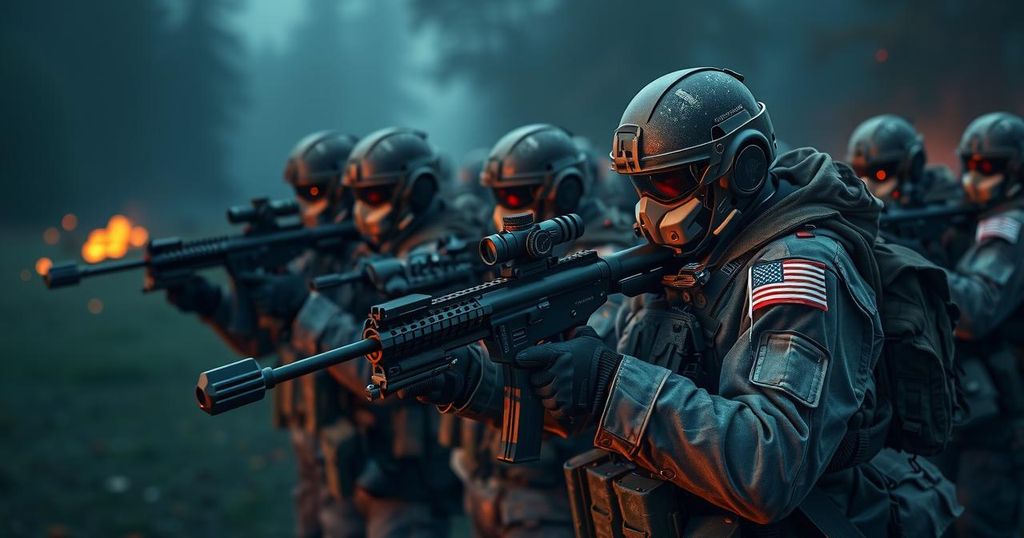The Future of the Wagner Group After the Rebellion: Scenarios and Implications
The Wagner Group’s failed rebellion against Russian military forces has led to a shift in its structure. Many fighters are relocating to Belarus with Prigozhin, while others are opting to stay in Russia. Financial motivations influence their decisions, as paramilitary organizations generally offer better pay than the Russian army. The group’s future remains in flux, with potential operations continuing in Africa and the Middle East, and Prigozhin’s role uncertain.
In the wake of the swift resolution of the Wagner Group’s brief insurrection against Russian military leadership, questions linger about the group’s future. Following an agreement that led to leader Yevgeny Prigozhin’s exile in Belarus, approximately 1,000 Wagner fighters began relocating there. Meanwhile, Russian President Vladimir Putin mentioned that members might opt to join the Russian army or return to their original posts in Russia. Reports suggest a significant number of fighters have chosen not to follow Prigozhin, with units remaining in Eastern regions like Luhansk and Donbas.
Analysts posit that the unresolved issues surrounding financial incentives may deter Wagner personnel from integrating into the Russian military, as paramilitary organizations traditionally offer greater remuneration than official state forces. Despite Prigozhin’s leadership, experts emphasize that Wagner could persist even if he departs, given the existence of numerous rival paramilitary groups across Russia. Furthermore, it is believed that Wagner will maintain operations in Africa and the Middle East, potentially undergoing a rebranding.
The implications for Prigozhin himself remain uncertain. Belarusian President Alexander Lukashenko reportedly persuaded Putin against eliminating Prigozhin, yet his subsequent role within Wagner and its operations in other regions is still being determined. Ultimately, the Wagner Group may adapt and thrive, regardless of its leadership changes, owing to its established international presence and the adaptability of its fighters.
The Wagner Group, a paramilitary organization, has gained notoriety for its involvement in conflicts outside Russia, particularly in regions like the Middle East and Africa. Its brief rebellion in Russia revealed deeper vulnerabilities within the Russian military structure and sparked concerns regarding the group’s future operations. This insurrection, however short-lived, raised questions about the fate of its personnel, leadership, and financial stability, especially as the Kremlin contemplates its response.
In summary, the Wagner Group’s future appears precarious but not insurmountable following its failed rebellion. With a substantial number of fighters opting for paths independent of the Russian military, and a potential emphasis on operational strength in Africa and the Middle East, the group may continue to flourish under new leadership or rebranding. Prigozhin’s uncertain fate also casts a shadow over the organization’s direction, yet historical precedents indicate that paramilitary groups tend to adapt swiftly to prevailing circumstances.
Original Source: telegrafi.com




Post Comment